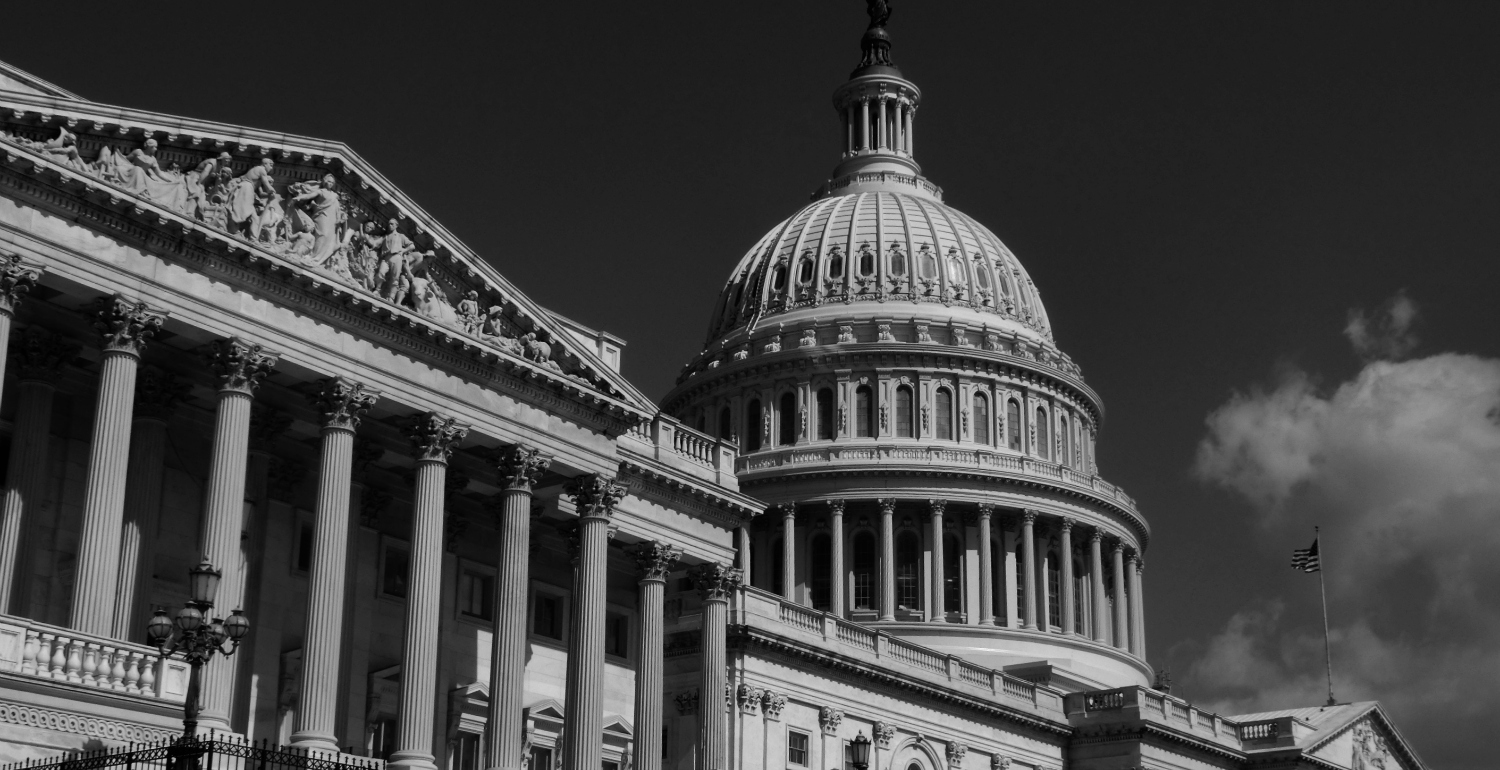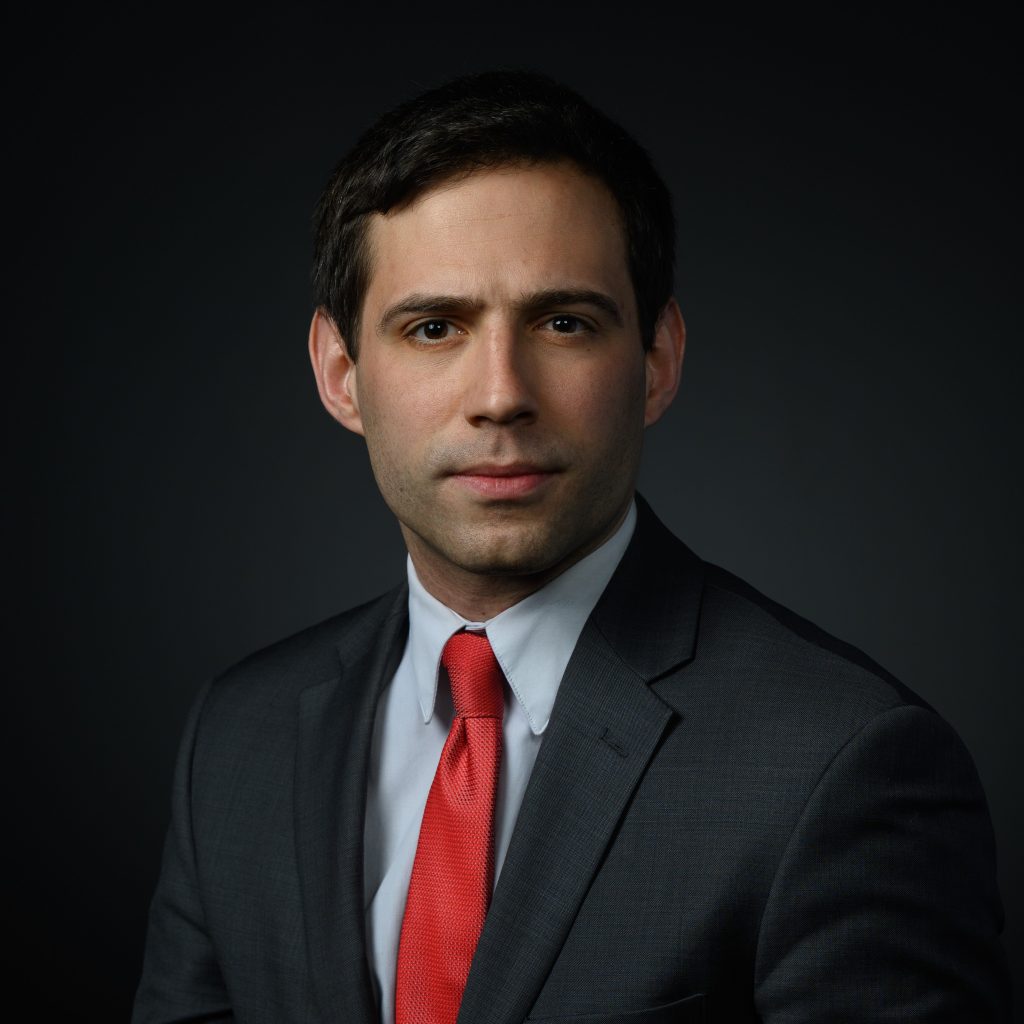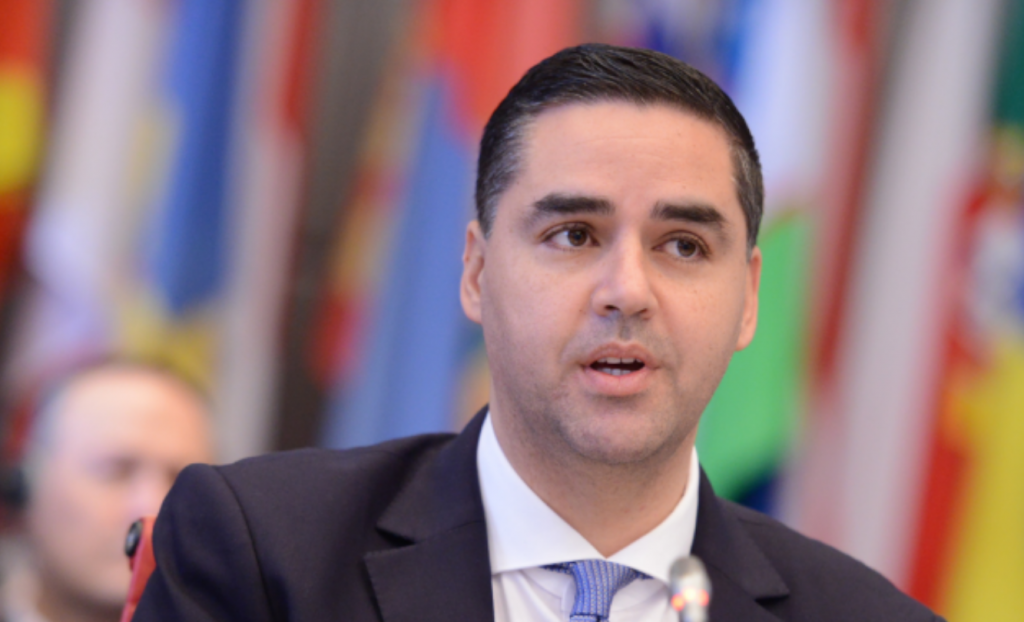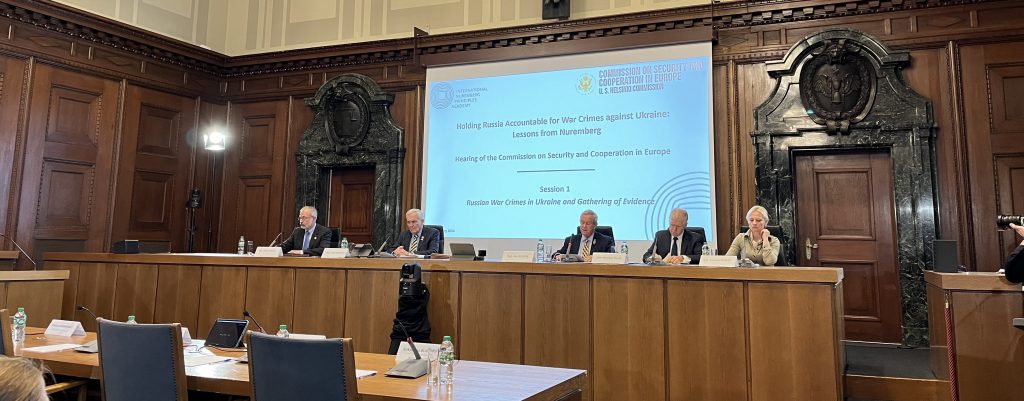WASHINGTON—On World Press Freedom Day, Helsinki Commission Chairman Rep. Joe Wilson (SC-02), Co-Chairman Sen. Ben Cardin (MD), Ranking Member Rep. Steve Cohen (TN-09), and Ranking Member Sen. Roger Wicker (MS) issue the following joint statement:
“On World Press Freedom Day, we stand in solidarity with courageous journalists globally. We are especially concerned about American journalists Evan Gershkovich and Alsu Kurmasheva, who are wrongfully detained in Russia. Evan and Alsu’s careers as journalists make them a special target for Putin’s regime, which does not tolerate criticism and seeks to keep the truth hidden by repressing and criminalizing free media. They – as well as Russian dissident and author Vladimir Kara-Murza – should be released immediately.
We also commend the bravery of journalists in Ukraine who risk their lives to present the truth under perilous circumstances. Their dedication to reporting despite the risks of psychological trauma, injury, and death, reminds us that we should never take press freedom for granted and do all we can to protect it wherever it is threatened.”
Evan Gershkovich, a correspondent with the Wall Street Journal working out of Moscow, was detained on a work trip in Yekaterinburg on March 29, 2023. He has been accused of espionage and faces up to 20 years in prison if convicted. Gershkovich is currently being held in pre-trial detention for an indeterminate amount of time before what will likely be a closed trial. He has reported from Russia since 2017.
Alsu Kurmasheva, a RFE/RL journalist and citizen of the United States and Russia residing in Prague, was first temporarily detained in June 2023 while trying to depart Russia after an emergency visit to her ailing mother. Her passports were confiscated and she was then unable to leave Russia. In October, she was detained again and charged with failing to register as a “foreign agent.” In December she received additional charges for the dissemination of false information about Russia’s armed forces. She remains in pre-trial detention.







